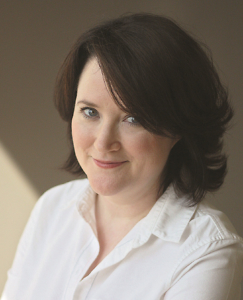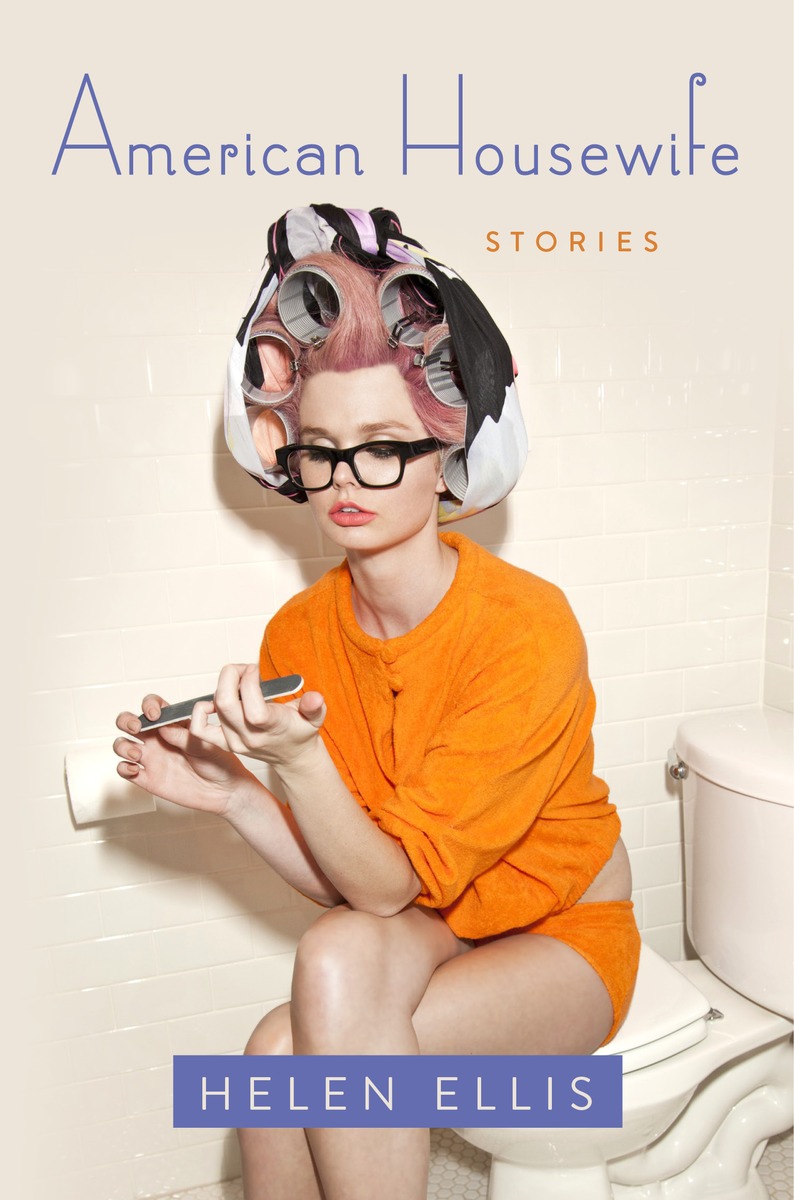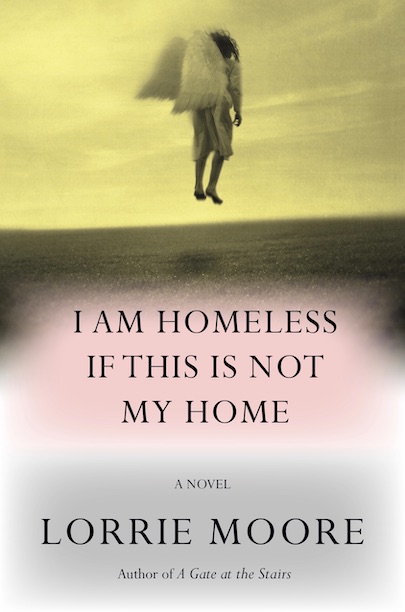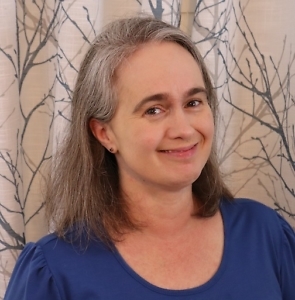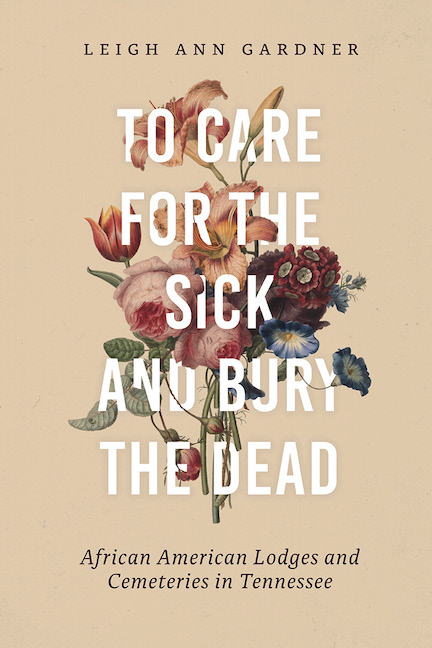Out of the Valley
Josh Weil, author of the Sue Kauffman Prize-winning The New Valley, talks with Chapter 16 about the art of the novella
“I think looking at oneself as a writer and seeing clearly what’s there is one of the hardest things to do,” says Josh Weil. “The more I write the more I’m aware of weaknesses, and so I find myself wanting to tackle them.” Weil’s fearless introspection and his gift for creating layers of complexity in his characters permeate the pages of his award-winning first collection of novellas, The New Valley. Set in the rural environs of the New River Valley between Virginia and West Virginia, Weil’s stories are written in graceful, haunting prose that masterfully evokes the beautiful but isolated and unforgiving nature of rural Appalachia.
In a literary climate bent toward the coy and the arch, Josh Weil’s work vibrates with an urgent sincerity that has earned him numerous accolades and the advocacy of luminaries like Tim O’Brien, John Casey, and Anthony Doerr. Though a native of western Virginia, Weil has lived in locales as far-flung as Malawi and New York City. This cosmopolitan background no doubt enhances his obvious appreciation of what makes the people and places of the rural South both unique and universal. “It’s my job to tap into that, to locate what makes it real and specific to each character, in each damaged past, each wounded chest,” says Weil. ”That’s true whether I’m writing about an isolated beef farmer in Appalachia or two brothers in northern Russia.”
Prior to his appearance at the University of Tennessee in Knoxville on February 27, Weil answered questions from Chapter 16 via email.
Chapter 16: The novella seems to be an underutilized and unappreciated form. What draws you to it? Are there any particular examples of the genre that inspire you?
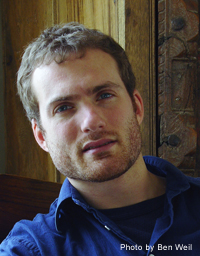 Weil: You know, I think every writer has a form—or maybe a style; but something about writing—that just fits him or herself. The novella form just seems to fit me, the way my mind works, the way that stories come. Part of that is probably that much of my storytelling sensibilities come from my love of—and the time I spent working in—film. I always loved reading, and wrote a lot (and badly) from an early age—novels, stories, whatever I felt the need to get out of my head and down on the page—but my first real training in the craft of storytelling was essentially film school. I spent a lot of time watching movies, and a lot of time writing screenplays, and, because I wanted to learn to work with actors, I spent a lot of time in the theater department, where I learned more about structure (writing and reading plays) and character development and all the basics of writing than anywhere else.
Weil: You know, I think every writer has a form—or maybe a style; but something about writing—that just fits him or herself. The novella form just seems to fit me, the way my mind works, the way that stories come. Part of that is probably that much of my storytelling sensibilities come from my love of—and the time I spent working in—film. I always loved reading, and wrote a lot (and badly) from an early age—novels, stories, whatever I felt the need to get out of my head and down on the page—but my first real training in the craft of storytelling was essentially film school. I spent a lot of time watching movies, and a lot of time writing screenplays, and, because I wanted to learn to work with actors, I spent a lot of time in the theater department, where I learned more about structure (writing and reading plays) and character development and all the basics of writing than anywhere else.
So my concept of what a story’s arc was—the gut sense of it—fit with what could fit into a film or a play. And that’s pretty similar to what can fit into a novella. I’m talking about the amount of story, here. The stuff that happens, the events on the page (or stage, or screen). But, as my focus shifted to prose writing, I found that the novella fit me in more meaningful ways, too. I love the intense focus of a short story, but I often feel booted out of the world of the story too soon. With novels, I was most drawn to the way a character would become known to me, the way I could live with that character—and grow close to him or her—over the course of the book. A novella is unique in that it offers both: the intensity and focus of a short story, with the space and time to have a more complete relationship with characters, to live in the world of the fiction long enough to become fully immersed in it. That’s what pulls me towards the form as a writer, and as a reader.
And that’s why, I think, some of the greatest writers have written some of their greatest works as novellas. From the classics—Hemingway’s Old Man and the Sea, Kafka’s Metamorphosis, Gogol’s The Nose—to contemporary writers like Steven Millhauser (Enchanted Night), Annie Proulx (Brokeback Mountain) or Anthony Doerr (whose Memory Wall is one of the most brilliant, and inspiring, examples of the form that I’ve come across).
Chapter 16: One of the novellas in The New Valley contains examples of your own art work. What led you to the technique of integrating visual art with fiction? What relationship do you see between these two disciplines?
Weil: The same thing that led me to film: I’ve always been split between two great loves in art—visual arts (I was quite serious about my photography for a while, before I decided life only had room for pursuing one all-consuming art that didn’t pay) and narrative arts. Film, for me, combines the two. So when I first read W.G. Sebald, in graduate school, I was thrilled: he uses photographs within the text of his narratives in a way that was completely new to me, and excited me. And I wanted to do something that reached for that with the drawings in the second novella in my collection: it deals with the fluidity of time (and the main character’s inability to control it) and the drawings allowed me to move between sections without the hard-break of a chapter; at the same time, they affect the story before you get to them (because they’re there on the page, drawing your eye) and after you pass them (there they are still, taking on meaning as the story progresses to the next page), in a way that I felt would work for that piece.
Chapter 16: Your first book is set in a rural area of Western Virginia, but you’ve lived in some fairly far-flung and cosmopolitan locales. Is writing about rural Southerners a reaction to (or against) the other worlds you’ve occupied, or do you see a universality in the experiences of your New Valley characters?
Weil: Oh, I absolutely see it as a universality: I write because I care about the characters, their struggles, what’s in their hearts. It’s my job to tap into that, to locate what makes it real and specific to each character, in each damaged past, each wounded chest. That’s true whether I’m writing about an isolated beef farmer in Appalachia or two brothers in northern Russia (as I do in the novel I’m working on now). The geography is what makes the worlds the characters live in specific and real and unique and, for me, engaging; but the characters are, at heart, themselves. And those selves are going to be unique in their particulars—and universal, in the quality of their suffering or joy or whatever emotion (if I’ve done my job)—no matter what the landscape around them looks like.
Chapter 16: Some of the novellas in that book were written—either entirely or in a shorter form—as much as a decade before the book’s publication. It’s now been a few years since The New Valley was published, and I’m wondering how you’ve evolved as a writer in the subsequent space? Has writing a novel made your methods or habits change?
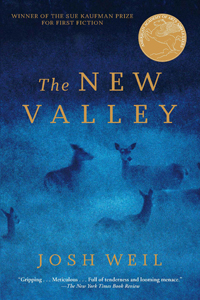 Weil: I think looking at oneself as a writer and seeing clearly what’s there is one of the hardest things to do. I have enough trouble stepping back from an individual story (I rely heavily on a few invaluable readers to clear my eyes about my early drafts) and seeing what’s truly there; to do it with myself, with who I am as a writer feels damn near impossible. Not to mention maybe a little dangerous. I’m sure I have changed in some ways (I certainly hope so, since evolutions seems central to improvement, and I’m reminded, with each story I attempt, of how far I am from where I want to be), but, the truth is, I think the stories change. The characters change. And the demands of both require me to adapt to what the individual piece needs. That’s what drives any evolution—as opposed to conscious decisions I make to try this new technique, or that new theme, to push in one clear direction or another.
Weil: I think looking at oneself as a writer and seeing clearly what’s there is one of the hardest things to do. I have enough trouble stepping back from an individual story (I rely heavily on a few invaluable readers to clear my eyes about my early drafts) and seeing what’s truly there; to do it with myself, with who I am as a writer feels damn near impossible. Not to mention maybe a little dangerous. I’m sure I have changed in some ways (I certainly hope so, since evolutions seems central to improvement, and I’m reminded, with each story I attempt, of how far I am from where I want to be), but, the truth is, I think the stories change. The characters change. And the demands of both require me to adapt to what the individual piece needs. That’s what drives any evolution—as opposed to conscious decisions I make to try this new technique, or that new theme, to push in one clear direction or another.
That said, I would say that the more I write the more I’m aware of weaknesses, and so I find myself wanting to tackle them. For instance, women play a secondary (though vital) role in all three novellas in The New Valley. I found myself wondering at why that was (and a bit miffed at myself for being so male-centric with those stories) . . . so I began to be interested in—and try my hand at—stories with female protagonists. On the other hand, my habits—my routine, my approach to trying to get the work done, the words on the page, the story out of my subconscious and into the world—changes very little, if at all. That—the routine, the method of working—is about the only thing that stays constant, so I cling to it. And hope the rest—the stories themselves, my ability to tell them—evolves.
Chapter 16: As characters, men in isolation of body, soul, and/or spirit recur in your early work. Is this sense of alienation or isolation something you see as a persistent crisis?
Weil: In myself: oh, Lord yes! How could a guy who spends so much time locked away in a cabin in the middle of the mountains not be in a persistent crisis of alienation and isolation? But, seriously: in the larger world I don’t really think of that as a huge problem. The world has a lot bigger ones to wrestle with! But it is something that has drawn me, personally: I spend a lot of time alone, and I thrive on isolation, but it also brings its challenges—I often miss my friends; I’ve at times lost out on loved ones—due to that self-imposed isolation.
But, in part, that isolation is so important to me because I do feel—have always felt—out of place in the middle-ground, in the middle of what my society and country have become. It just doesn’t feel like home to me, like who I am; I don’t quite fit. And so I’m drawn to grapple with that; I’m drawn to characters who also are isolated (because of where they live, or who they are) and who are alienated from the worlds in which they live because of some part of them that is a little off kilter, that exists at the edge of normal instead of in the center. Man, what I just wrote makes them—and by extension, me—sound like total freaks. But the point is that they aren’t (and I hope that’s true of myself, too); instead, in a world where the pressure is to fit within the norm, any deviation from that unhinges you from the world a bit, and unsettles the world around you. So, in the end, I suppose, I do feel that within a world where most people don’t feel alienated, there are individuals who always do—who always are, themselves, in a persistent crisis—and it’s that I seem to explore in my work.
Chapter 16: Your novel-in-progress is set in Russia. Are you hoping to upend or circumvent any expectations by moving your imagination to the other side of the planet?
Weil: That’s definitely not why I wrote it—not at all. I wrote the thing because, well, it came to me and grabbed me and made me do it. I had started it as a short story and then it just took hold, and I found myself writing an entire novel set in that far-off part of the world, in that culture very distant from my own. In part, that might have had to do with my wanting a fresh landscape to look at, a new chunk of clay to get my hands around, after writing about Appalachia for a while. In part, it might just be that, while my first book is all set in Appalachia, I have a lot of other work that isn’t (a lot of which remains unpublished—and forever will!) so that, to me, it doesn’t feel like a departure from who I am as a writer, just that the larger world knows only one part of my writing. But, the one thing that wasn’t in my mind while writing the new novel was that I wanted to upend or circumvent expectation.
Still, I think it will. For some people. It’ll probably disappoint some people. It might pleasantly surprise some people. But either way you write what you have to write at the moment, and if it pushes you to new places, I think that’s good. And if those places are a bit scary, a bit unexpected, then I think, in the end, that’s doubly good. So long as the work that comes out of it is good on its own, stands by itself, simply works. If it doesn’t, then where it stands as far as expectations matters little. So you try to do your best, you write what you need to write, and you try to make it good. And you forget about all the rest. And hope what you’ve done is good enough to make the rest of the world out there forget—at least while reading the new thing—about everything else, too.
On February 27 at 7 p.m., Josh Weil will give a reading in the Hodges Library Auditorium on the Knoxville campus of the University of Tennessee. Click here for more details
